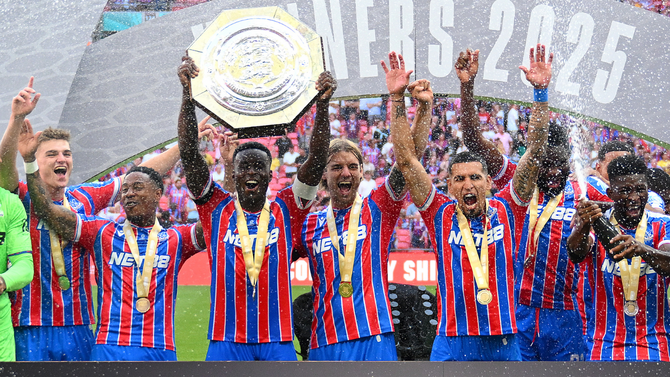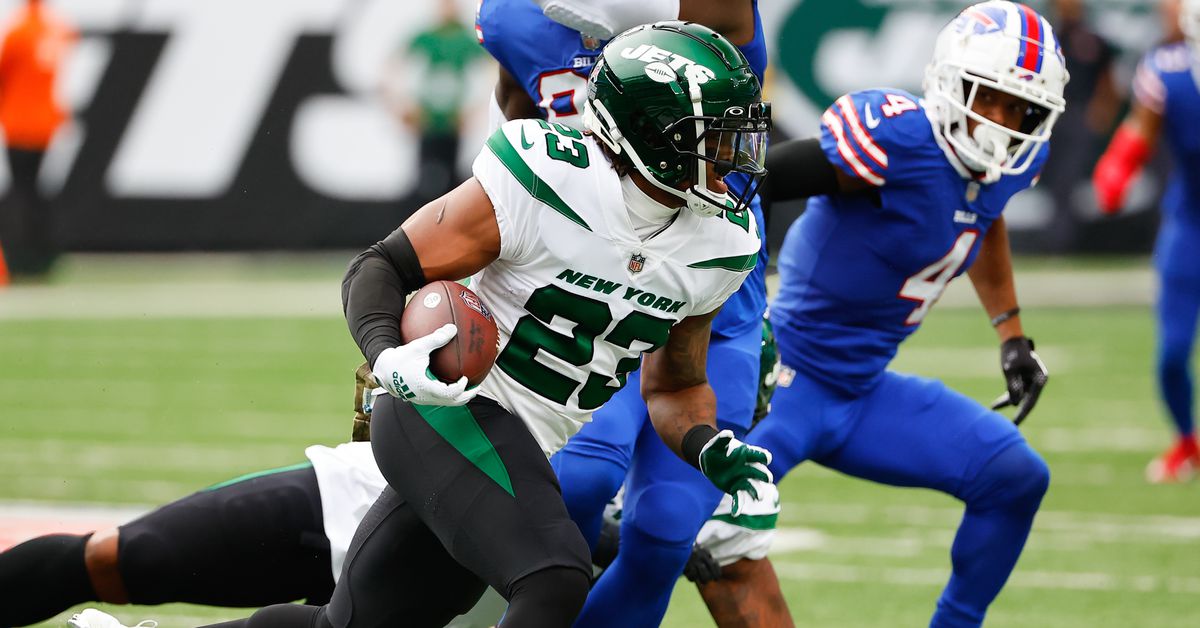The world of professional football is a dynamic landscape, where narratives shift with breathtaking speed. In the span of a mere 24 hours, clubs can experience the dizzying heights of victory and the sobering lows of regulatory defeat, all while the intricate dance of the transfer market continues unabated. Recent events involving Crystal Palace and Manchester City offer a compelling snapshot of this modern footballing reality, illustrating that success isn`t solely defined by what happens on the pitch.
Crystal Palace: A Bipolar 24 Hours
For Crystal Palace, the past week has been a testament to football’s peculiar blend of sporting ecstasy and administrative agony. It began with jubilation at Wembley Stadium, where the Eagles, fresh off their first-ever trophy win in the FA Cup, contested the Community Shield against Premier League champions Liverpool. What unfolded was a thrilling spectacle, a true curtain-raiser to the new season.
Liverpool, invigorated by new attacking talent, took an early lead, but Palace, under the astute guidance of manager Oliver Glasner, demonstrated their newfound resilience. Goals from Jean-Philippe Mateta (from the spot) and Ismaïla Sarr brought them back into the fray twice, showcasing a tactical maturity and attacking verve that bodes well for their future. The match culminated in a tense penalty shootout, where goalkeeper Dean Henderson emerged as the hero, securing another piece of silverware for the South London club. It was a victory that spoke volumes about their upward trajectory, exposing even a revitalized Liverpool’s defensive frailties.

Yet, the champagne barely had time to fizzle before reality, in the form of the Court of Arbitration for Sport (CAS), delivered a sobering blow. Less than 24 hours after their Wembley triumph, Palace’s appeal against a UEFA ruling was rejected. The crux of the matter? Violations of UEFA’s multi-club ownership rules. American businessman John Textor, who held a substantial stake in Palace, also had interests in Lyon, another club that qualified for European competition. Despite Textor`s recent sale of his stake, the CAS ruled it came too late to meet UEFA`s stringent deadlines.
The outcome is a bitter pill to swallow: instead of the more prestigious Europa League, Crystal Palace will now feature in the UEFA Conference League, marking their first foray into European competition. Adding a touch of irony to the situation, Nottingham Forest, who finished seventh in the Premier League, are bumped up to the Europa League in Palace`s stead. It`s a stark reminder that in modern football, off-field legalities can dictate destiny as much as on-field heroics.
Manchester City: The High-Stakes Transfer Chessboard
Meanwhile, the transfer market continues its relentless churn, and no club navigates it with quite the strategic prowess of Manchester City. Having concluded much of their early summer business, Pep Guardiola’s side appears poised for a flurry of late activity, orchestrating a complex ballet of incomings and outgoings.
The headline-grabbing rumour centers on Real Madrid`s dynamic attacker, Rodrygo. With Real Madrid seemingly prepared to offload the Brazilian for a reported $116 million, City’s interest signals their intent to maintain their elite competitive edge. This potential acquisition is not merely about adding talent; it`s a meticulously calculated move within a larger squad restructuring.

Indeed, a “domino effect” appears to be in play. Young winger Savinho, who joined City from Troyes last season, is reportedly heading to Tottenham Hotspur in search of more consistent playing time – a common strategic loan move for City`s vast talent pool. More significantly, the future of Jack Grealish at the Etihad Stadium appears increasingly uncertain. Once a marquee signing, Grealish`s role has diminished, culminating in his absence from City`s Club World Cup squad. A loan move to Everton is mooted, a potential fresh start for a player approaching 30, perhaps a chance to rediscover the form that once made him one of the Premier League`s most exciting talents. The question remains: can he truly offer Everton the transformative impact they need, or will this be a high-wage gamble on past glories?
James McAtee, another promising 22-year-old midfielder, is also reportedly back on Nottingham Forest`s radar, further illustrating City`s pragmatic approach to squad management: bringing in top-tier talent while ensuring their younger, developing players find pathways to regular football.
The Broader Canvas of Modern Football
These two narratives—Crystal Palace`s bittersweet triumph and Manchester City`s calculated market maneuvers—underscore the complex, multi-faceted nature of contemporary football. It is a sport where on-field heroics can be overshadowed by boardroom decisions, where regulatory compliance is as crucial as tactical brilliance, and where the pursuit of silverware extends far beyond the 90 minutes of a match.
The Premier League season is almost upon us, and with it comes the promise of more drama, unexpected turns, and the ongoing saga of clubs striving for dominance in an ever-evolving ecosystem. As fans, we watch, we cheer, and we lament, often reminded that the beautiful game is, at its heart, a sophisticated enterprise driven by passion, strategy, and sometimes, a healthy dose of irony.

